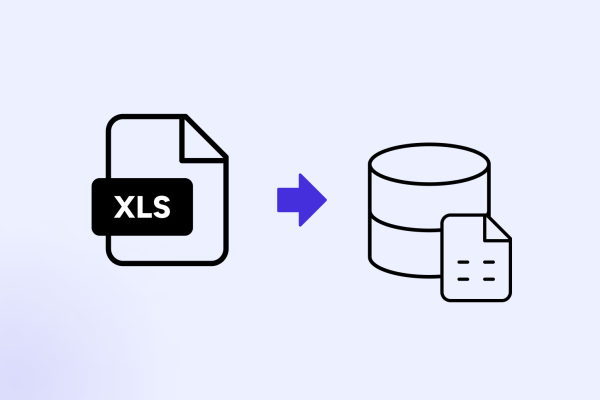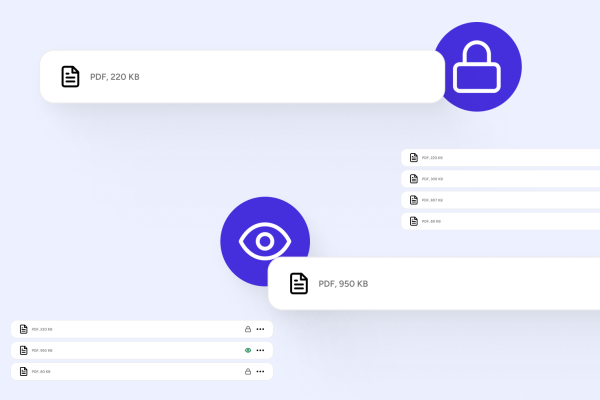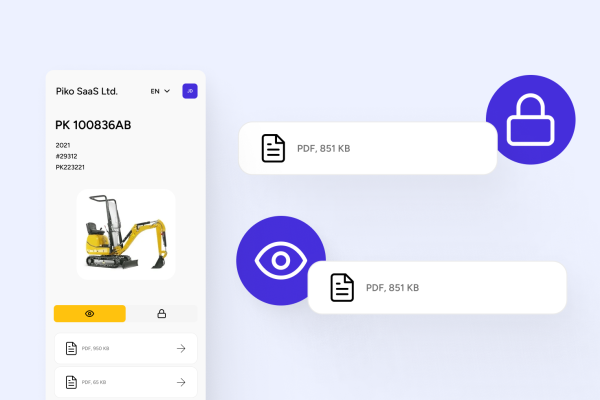Document management software: everything about DMS

What is document management system?
A Document Management System (DMS) integrates computer systems and document management system software to store, manage, and track both electronic documents and images of paper-based information. It encompasses content capture, workflow, repositories, and retrieval systems within its operations.
Document management software
Document management systems play a crucial role in ensuring the integrity and security of documents across various sectors. By understanding what is document management and how document management system works, organizations can leverage these systems to streamline document handling processes. The value of what is a document management system and what is electronic document management system extends to global industries, ensuring efficient, secure, and organized data management. Utilizing document management system software helps maintain document integrity and enhances productivity, providing a technology-driven solution for modern organizational needs.
How document management system work?
Understanding the intricate workings of a Document Management System (DMS) starts from the way documents are systematically stored and archived. It ensures seamless organization, searching, viewing, and sharing of documents. Modern DMS platforms operate through centralized databases, often hosted on secure cloud services, enhancing the integrity and accessibility of data.
Document management functions
The key functions of a document management system include: Online Document Management:
- Online Document Management: Efficiently handle and store electronic documents, ensuring secure access and easy retrieval from any location with internet access.
- Document Processing: Automate the capture, analysis, and processing of documents, improving accuracy and speed while reducing manual intervention.
- Document Classification: Accurately categorize documents using advanced algorithms, enhancing organization and facilitating easy retrieval.
These core functions support electronic document management, automatic documentation, and seamless storage of electronic documents, optimizing workflows and improving data accuracy and productivity.
What are the advantages of a good document management system?
The advantages of a high-caliber document management system (DMS) are multifaceted and substantial. Firstly, it drastically reduces the costs associated with physical document handling, such as printing, storage, and manual retrieval. By transitioning to an electronic document management system, companies can save not only money but also valuable time through increased efficiency in document accessibility and processing. This ultimately enhances overall productivity and operational flow within the organization, enabling teams to focus on core business activities rather than administrative tasks.
Another significant advantage of using an electronic document management system is the prevention of document loss or destruction. A well-implemented DMS ensures a systematic, orderly organization of company-wide documents, making information retrieval quick and hassle-free. Moreover, it fosters improved collaboration among team members by allowing multiple users to access and work on documents simultaneously, regardless of their geographical location. This feature is particularly beneficial in promoting remote work, offering universal access to important files from virtually anywhere.
Security is a cornerstone of any robust document management system. A DMS employs rigorous authentication protocols, strong passwords, encrypted connections, and strict access controls to safeguard sensitive information. This level of security is crucial for industries handling confidential data, such as law, accounting, manufacturing, and public administration. Globally, these sectors leverage DMS solutions not only to ensure data integrity but also to align with compliance regulations. Lastly, by reducing paper usage, DMS platforms support environmentally friendly practices, further accentuating the advantages of electronic document management systems in modern business environments.
Document management involves the organization, storage, retrieval, and control of documents within an organization. It ensures that documents are securely stored, easily accessible, and properly managed throughout their lifecycle. Piko, with its AI capabilities, revolutionizes document management by enabling seamless organization and retrieval of documents directly from the job site through QR code scanning.
Document management software is a type of software used to manage electronic documents within an organization. It facilitates document storage, retrieval, sharing, collaboration, and workflow automation. Piko’s innovative AI-powered features enhance document management software by streamlining document handling processes and enabling seamless access to documents from any location.
A document management system (DMS) is software that helps organizations manage, store, and track electronic documents. It provides functionalities such as document storage, version control, search capabilities, and access control to ensure efficient document handling. Piko’s AI-driven approach transforms traditional DMS by offering advanced document organization and retrieval functionalities, making it the tool of the future for document management.
Implementing a document management system involves assessing organizational requirements, selecting suitable software, planning the implementation process, training users, migrating existing documents, and continuously monitoring and optimizing the system. Piko’s AI-driven implementation approach ensures a smooth transition to a modern document management system, with advanced features for efficient document organization and retrieval.
A document management system works by capturing, storing, organizing, and retrieving electronic documents. It typically involves scanning physical documents to convert them into digital format, indexing them for easy retrieval, and implementing access controls to ensure security. Piko’s AI technology enhances document management systems by automating document classification and retrieval processes, improving overall efficiency and accuracy.
Get started today! Book a free demo to see how PIKO can help you manage your fleet structure and assets. With features like bulk document uploads, QR codes for on-site access, and flexible access levels, you’ll have full control over your machinery’s documentation. Plus, our experts can assist with easy integration into your company’s systems.




